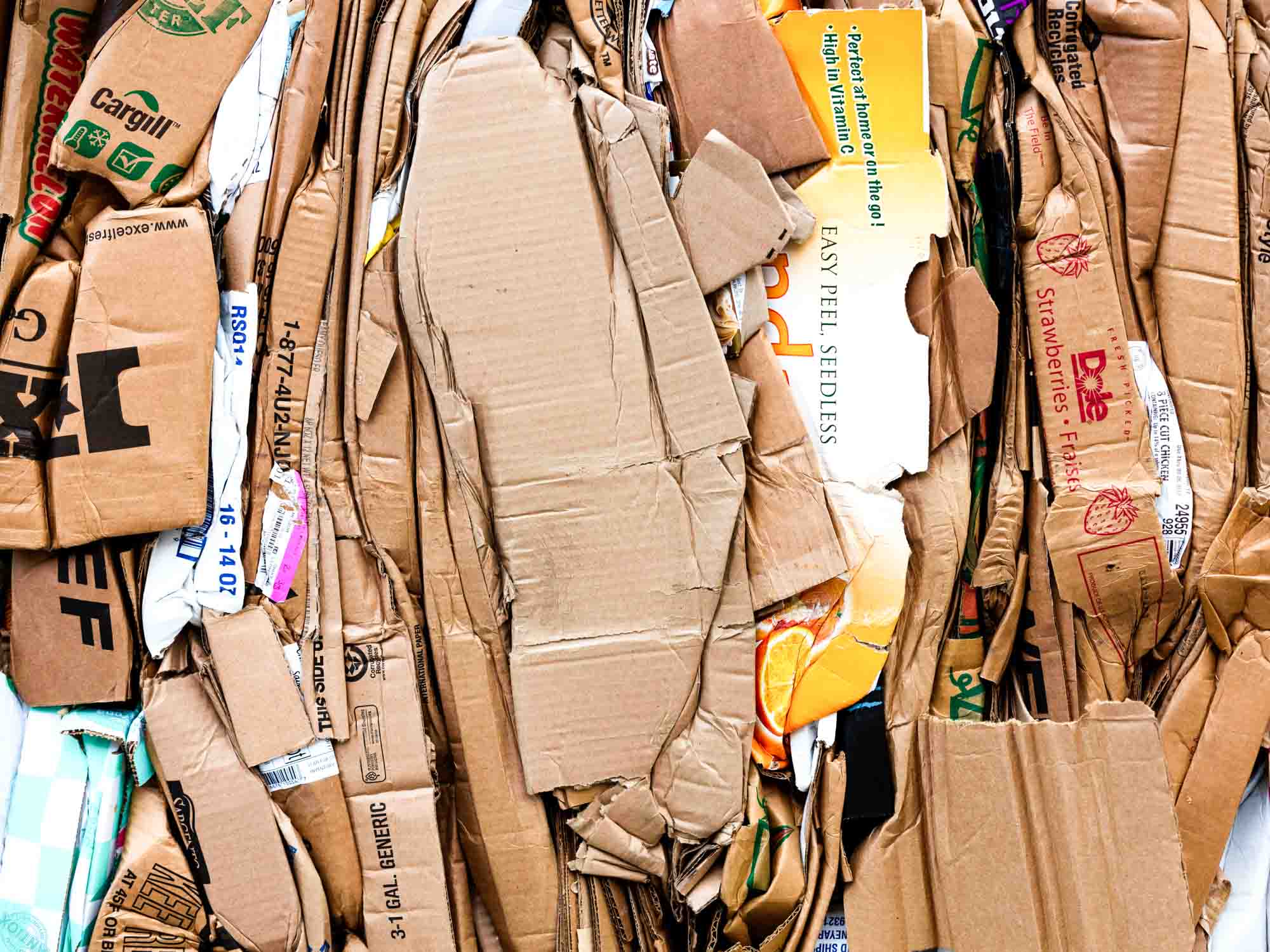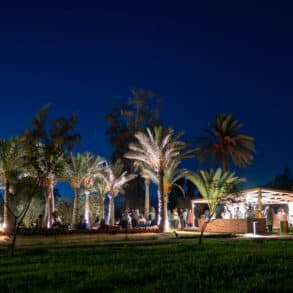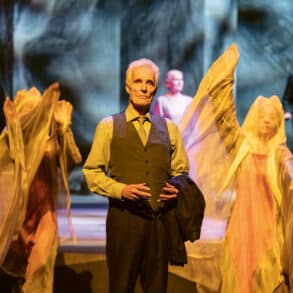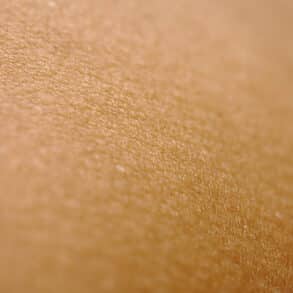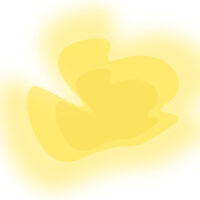There are 10,000 things in every household – that’s how it is often said. No one has counted them, and it is unclear whether a mineral cabinet accounts one or a hundred times, a library one or a thousand times.
Nevertheless, many things surround a personality, like second clothing or a planetary system. His child’s first postcard, the cup from grandma’s display case – things tell stories. But this polyphonic whisper, this presence of the past, sometimes becomes too loud and a burden. Perhaps, for this reason, the friendliest place in Dornach is the recycling and disposal station ‹Ramstel›. Here everyone seems to be in a good mood when they free themselves from things on Saturdays – iron to iron, paper to paper. Books are not thrown into the waste paper but placed in front of the container until an interested hand grabs them.
The walk on the beach in the film by ‹Harald and Maud› is unforgettable: he gives her a ring, and she suddenly throws it into the harbor. «Thank you! Now I always know where it is!» Absurd and instructive: The act of giving and receiving counts, not possession. So all things have their fate, shine on the shelf, or lie forgotten in a drawer. Thomas Rau is interested in the end of things’ lives when no one needs them anymore, and here too he dreams of the cycle, dreams of new birth. To do this, things must be returned to raw materials, become young, and be led into their ‹stadium nascendi›. The garbage dumps and landfills are transformed from final repositories into places of development, and the good mood of the cycle of things spreads.
Photo Jon Moore, unsplash – Translation: Monika Werner

